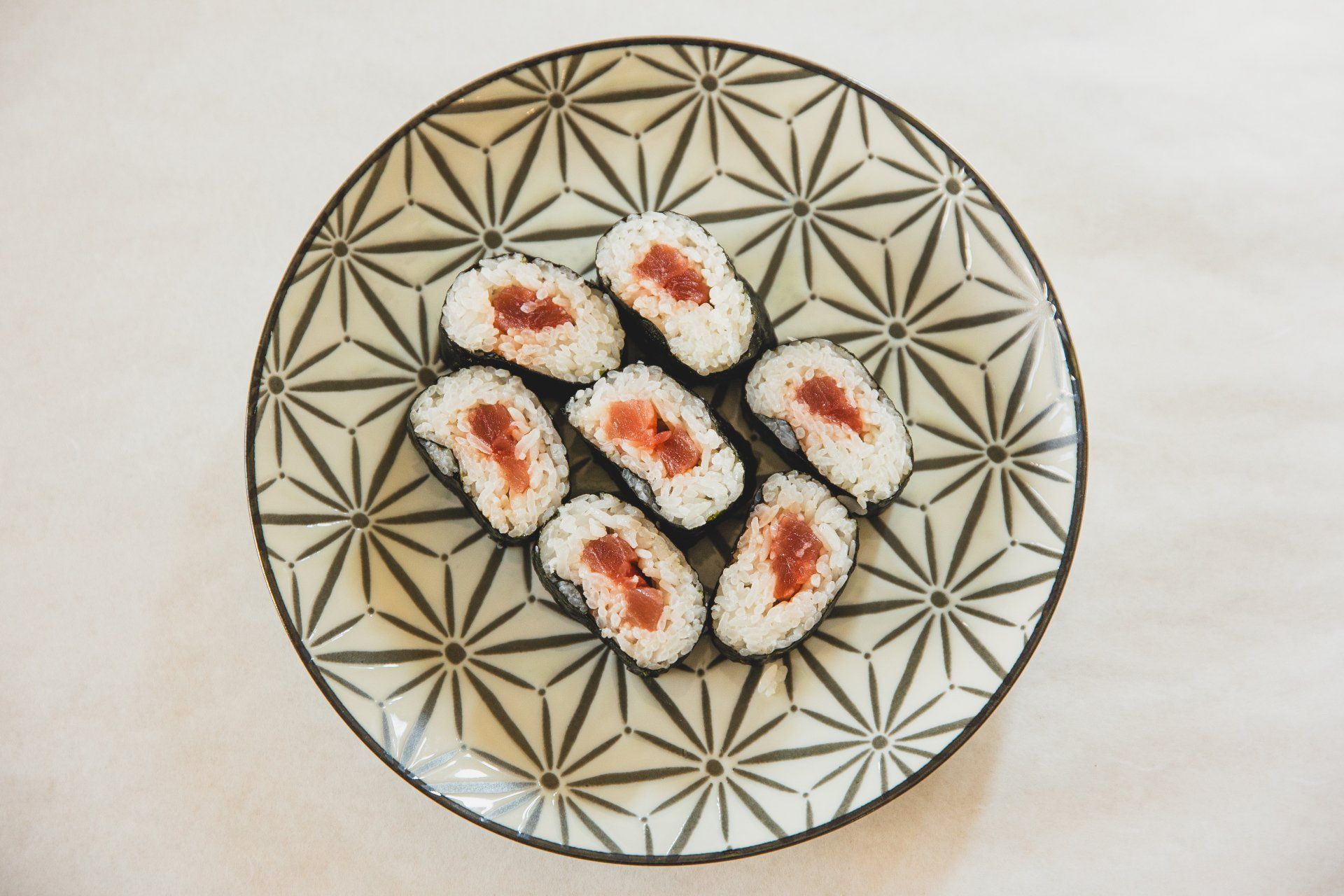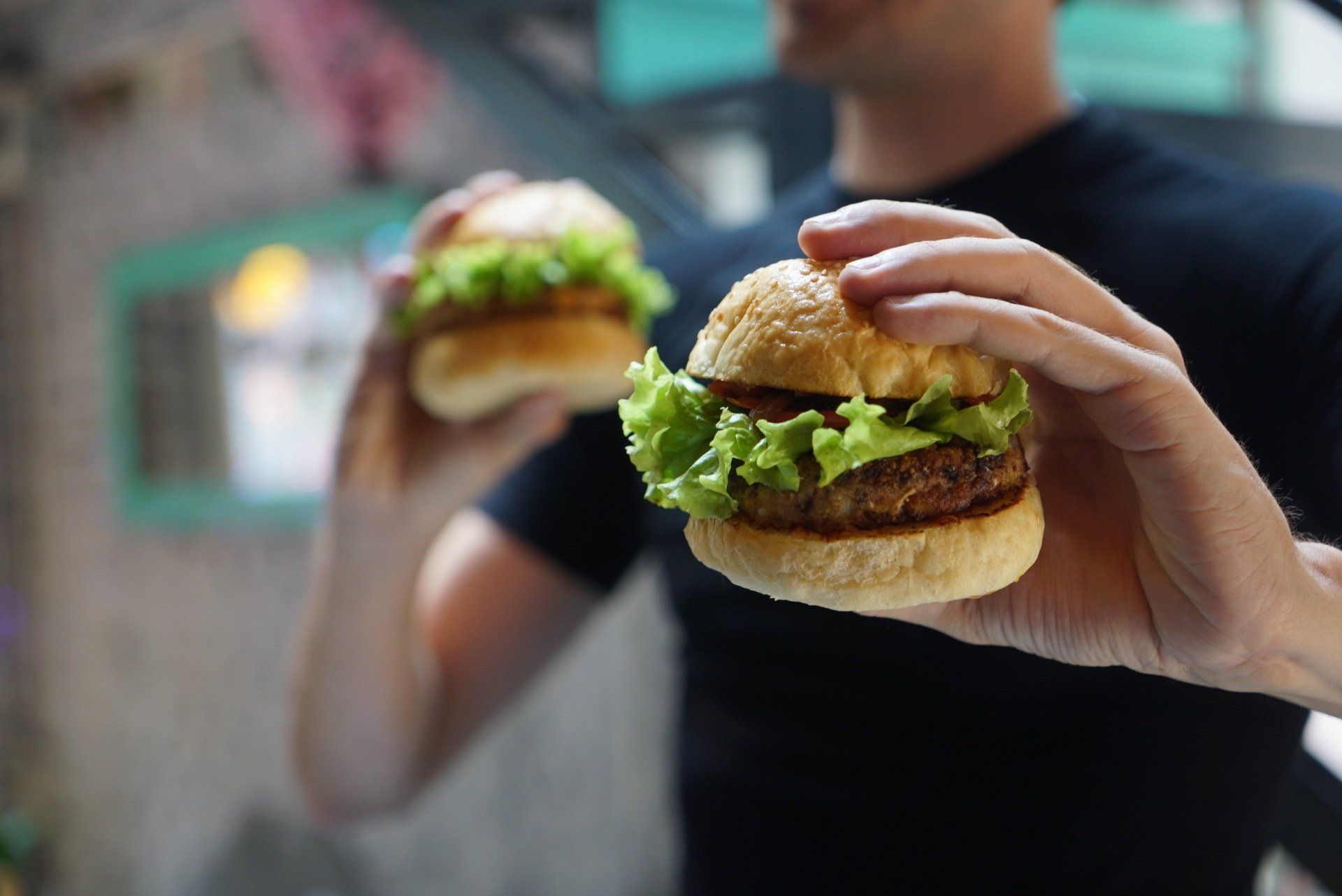Mindful Eating for Weight Loss: An Indispensable Tool
Most of us open the dieting toolbox and fight cravings with worthless instruments—willpower, self-control, and self-discipline. We white-knuckle our way through, but over time we cave like a coal mine.
Are caving or resisting our only options? Can we use mindful eating habits instead or are we doomed to ping-pong between indulgence and resistance in a vicious cycle of all-or-nothing eating? The field of psychology shows us another way.
In the ’60’s and ’70’s American parents were spellbound by a series of famous experiments on children. The eminent French psychologist Walter Mischel devised a devilishly simple way to judge a preschooler’s self-discipline: Ask them to choose between eating one marshmallow now or waiting 15 minutes so they could eat two.
Soon, dieting experts hopped on the bandwagon and used the Marshmallow Experiments as a model for weight loss: Delay the gratification of that fattening food for a beach-ready body! Give up buns of cinnamon for buns of steel!
INTUITIVE EATING FOR WEIGHT LOSS
It failed. Why? In our intuitive eating online course you'll learn it's because you can’t steal an innovation created in one industry, apply it to another and expect it to work without making significant adaptations.
For example, BMW didn’t just rip out the console of a video game and staple it onto its drive system. It took the essence of the video console and adapted it to the needs of people who drive cars.
Dieting experts did no such thing with Mischel’s work. There were no tweaks, no adaptations to his innovation. As you’re about to see, they missed an exceptional opportunity to make delayed gratification work for weight loss.
First, let’s understand what’s wrong with the way we currently use delayed gratification. Typically, we’ll say something like, “I’ll forego this cheeseburger now so I can be healthier and thinner later.”
What could possibly be wrong with that kind of trade? Let’s look.
What You’re Giving Up
That cheeseburger you’re obsessing about? It’s got the emotional intensity of a NASA spaceshot. Every emotion is engaged, every sense deployed. You can hear the burger sizzling and see the juices running.
You can smell the aroma and feel the buns. You’ll literally salivate for the reward. And memories? Oh, boy, too many to mention. What are the chances you’re going to be drenched in pleasure? 100%. And when will you have this thrilling experience? Right now.
What You’re Getting In Return
That desire for better health and a rockin’ body? Yes, you want them, badly. But the images are faint, fuzzy, and flickering. They’re playing on an old black and white TV set while the cheeseburger plays on an Imax 5k Ultra High-Definition screen.
Worse, you can’t quite picture what better health looks like. Or what it feels like. Few emotions are engaged, fewer senses deployed. You can hardly see, touch, or hear anything. And memories…what memories?
Is there such a thing as a memory of better health? And exactly when are you going to receive this reward? A month from now? Three months? A year?
One last thing. Are you salivating for better health and a better body the way you are for that cheeseburger?
Intellectual abstractions can’t compete with visceral emotions. That's intuitive eating 101. The goods we’re trying to exchange are so imbalanced we’d be fools to make the trade. And indeed, we rarely do.
For delayed gratification to work the trade must be balanced. What you’re getting must be pretty damn close to what you’re giving up in terms of pleasure, intensity, memories, immediacy, and the certainty that you’ll get it.
If you pay close attention to Walter Mischel’s experiments, you’ll note he didn’t ask the children to delay eating the marshmallow in favor of an abstraction like going to Six Flags sometime in the future.
He asked them to delay the pleasure of eating marshmallows in exchange for more pleasure of eating marshmallows. And, importantly, within a very short window of time.
Now that’s a fairer trade; the kind worth making. That insight—trading food now for a better experience of it later—is what drives a delayed gratification technique called Postponement of The Goods.
I'll be talking about this delayed gratification tool at length in the near future. If you can't wait, check out our mindful eating online course.
Academic Studies Informing This Article On Conscious Eating
McKee, H. C., & Ntoumanis, N. (2014). Developing self-regulation for dietary temptations: intervention effects on physical, self-regulatory and psychological outcomes. Journal of behavioral medicine, 37(6), 1075–1081. https://doi.org/10.1007/s10865-014-9557-6
Quote: The self-regulation training group was trained to use six self-regulatory skills: Delayed gratification, thought control, goal setting, self-monitoring, mindfulness, and coping.
Results indicate that self-regulatory skills training might be as effective as dietary and physical activity advice in terms of weight loss and related outcomes.
Annesi, J. J., & Gorjala, S. (2010). Relations of self-regulation and self-efficacy for exercise and eating and BMI change: A field investigation.
BioPsychoSocial Medicine,
4(1), 1-6. https://doi.org/10.1186/1751-0759-4-10
Quote: Findings suggest that training in self-regulation for exercise and eating may benefit self-efficacy and weight-loss outcomes.
Will Crescioni, A., Ehrlinger, J., Alquist, J. L., Conlon, K. E., Baumeister, R. F., Schatschneider, C., & Dutton, G. R. (2011). High trait self-control predicts positive health behaviors and success in weight loss.
Journal of health psychology,
16(5), 750–759. https://doi.org/10.1177/1359105310390247
Quote: Independent of baseline differences, individuals high in dispositional self-control ate fewer calories overall and fewer calories from fat, burned marginally more calories through exercise, and lost more weight during the program than did those lower in self-control. These data suggest that trait self-control is, indeed, an important predictor of health behaviors.










